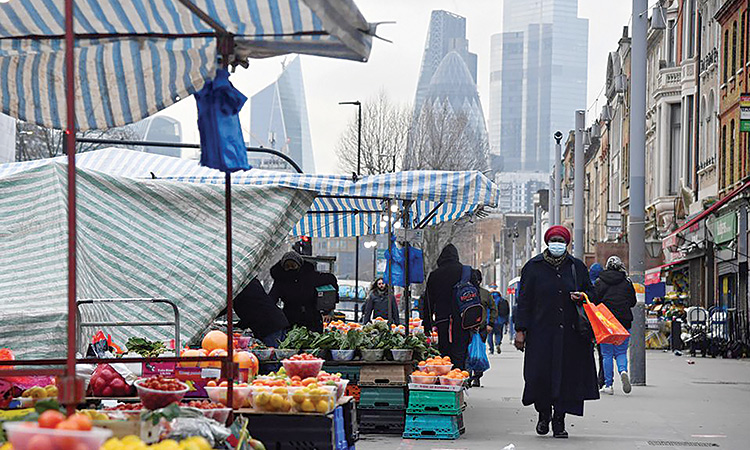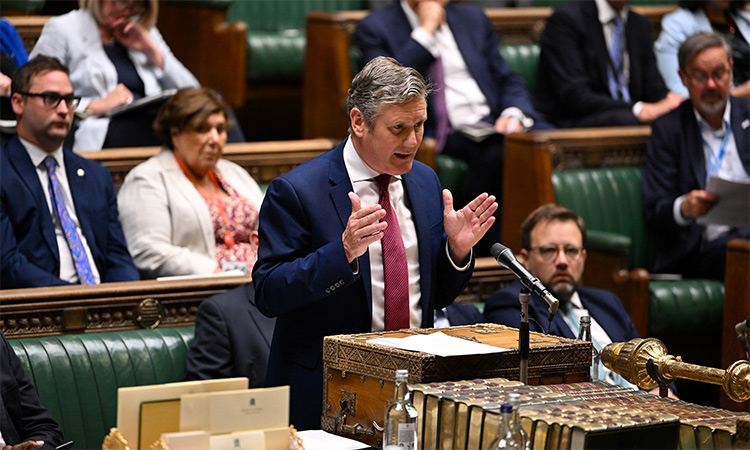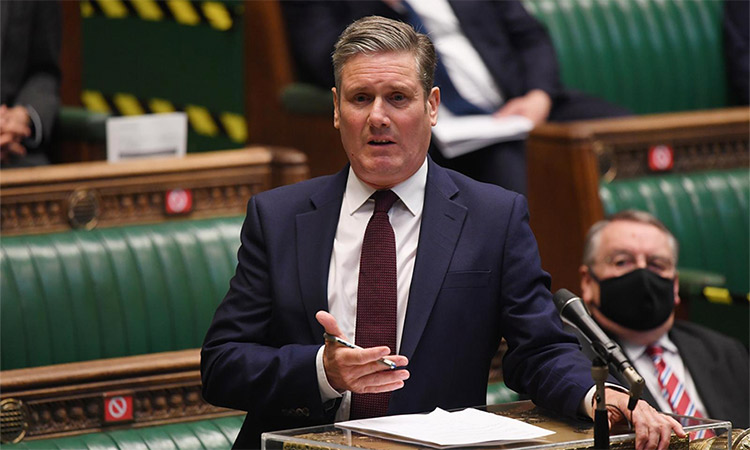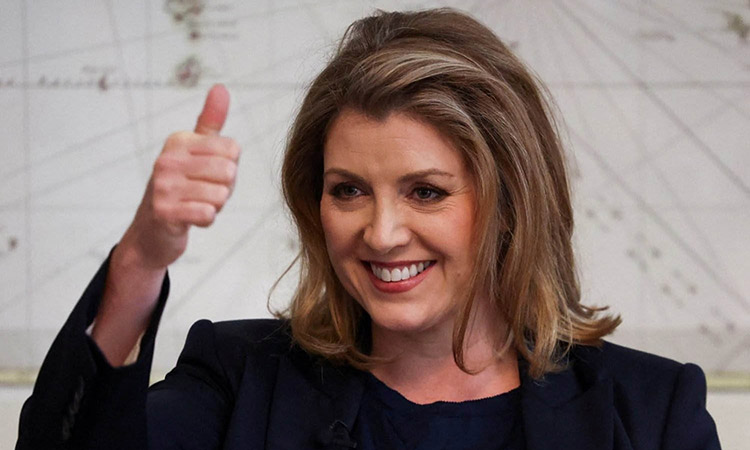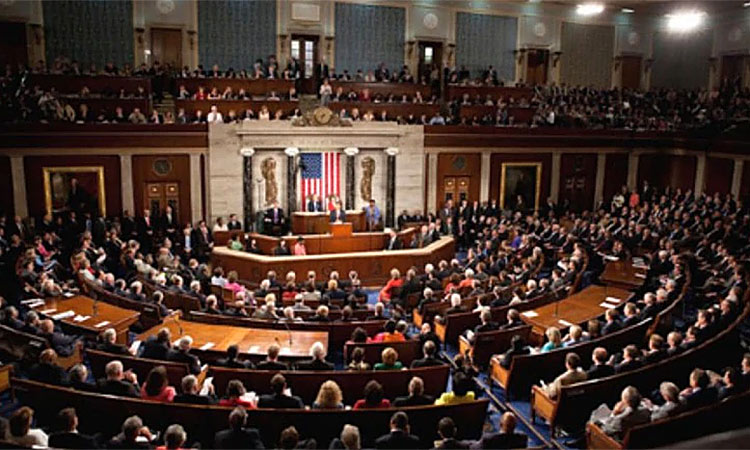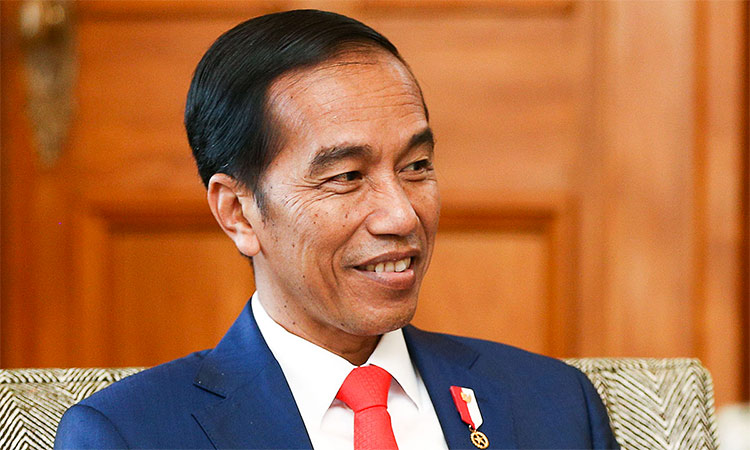Suella Braverman is suffering from the Brexit delusion


Suella Braverman
According to the home secretary, who never seems quite on top of her brief, the massive queues at Dover are nothing at all to do with Brexit:
“No, I don’t think that’s fair to say that this has been an adverse effect of Brexit. We’ve had many years now since leaving the European Union and there’s been, on the whole, very good operations and processes at the border.”
“At acute times where there is a lot of pressure crossing the Channel, whether that’s on tunnel or ferries, then I think there’s always going to be a back-up. I just urge everybody to be a bit patient while the ferry companies work their way through the backlog.”
So it’s all someone else’s fault. As you’d expect. I always find it that Braverman thinks this sort of blatantly absurd statement is going to be taken on trust just because she’s saying it. She must think us all very stupid.
Even No 10, spiritual home of cakeism and Delusion Central, admits, through teeth gritted and grinding hard, that: “Obviously we recognise there are new processes in place.” Naturally, and compulsively, they then couldn’t help themselves from trying to add some lame excuses: “That’s why authorities were given a long time to prepare for the new checks including during the transition period, of course, and we are in discussion with our French counterparts about how we can further improve the flow of traffic.”
To be as scrupulously fair to the home secretary and Downing Street as they are evasive, it is true that there are other factors that have been at work, such as the weather and an early Easter spike in travel. Queues at vacation time in Dover, and elsewhere, are hardly unprecedented.
It is also true, as a matter of hard, uncomfortable fact, that the UK has been out of the EU since 31 January 2020. But the agreed transition period meant that the new rules on stamping the passports of British citizens entering the EU only came into effect this year. That’s new — and she knows it.
Whereas in the past there were only cursory glances, now passports have to be scanned and checked, so as to prevent any overstaying and the kind of sneaky migration into the EU that Braverman finds so objectionable when it happens to Britain. Even if these new checks only take a minute or two, they concatenate and make queues.
They’ve been relieved by the ferry companies putting on some extra night crossings, but the new facts of travel life remain. It will happen again, and indeed may get worse when fingerprinting and biometric face recognition replace the manual stamping of passports later in the year.
The queues are no coincidence, and there is an obvious, common-sense reason why post-Brexit controls are at least partly to blame. Not wholly, just one of the factors at work on a busy weekend. The chief executive of the Port of Dover confirmed it. The Independent’s own Simon Calder went down to Dover to check it out for himself.
No one actually denies that there are new and more time-consuming procedures that slow up the coaches because people have to disembark. Except for Braverman and the Brexit reality-deniers. Back in 2016 they were illusionists; now Brexit is here, they are forced to be delusionists.
It speaks to a certain defensiveness among Leavers about the consequences of Britain leaving the European Union, as they have panned out, mostly in a rather depressing way. It is as if Brexit is so precious but fragile that it cannot be faulted for fear that the web of delusions about Global Britain (a phrase curiously less heard these days) unravels. During the Great Tomato Famine of 2023 a few weeks ago, the same effort to deny reality was at work. There again, in fairness, there was bad weather to blame for shortages, but they were not so evident on the continent.
What is also true is that, as with all fruit and veg coming from places such as Spain and the Netherlands, the new bureaucracies and lorry queues make it that much less worthwhile for European exporters to bother with sending stuff to Britain. It is a marginal choice, when the extra cost and effort exceeds the extra benefit in revenues from battling through the forms and the risk of having a lorry stuck in a channel port. If they can sell the produce easily at home, why bother sending it to the UK?
It goes for all the big stuff, too, with as the UK trying to compete with the gigantic subsidies that the US and EU are throwing at the new green technologies — wind turbines, gigabyte battery factories, nuclear power. Brexit means that the UK no longer shares in the EU’s firepower, and one early casualty may be what’s left of the mass production British car industry as it tries to transition to the new greener technologies.
On top of the extra costs and risks to supply chains that Brexit has already imposed, there will come fresh ones, as Britain falls further behind industrially. There is only so far that lighter regulation can get you (and is anyway constrained by the level playing field clauses the EU-UK Trade and Cooperation Agreement). On the technological challenges of net zero emissions and small nuclear reactors, the EU is actually being more flexible and agile in its policy-making than Britain. Brexit failure!
Even now, Rishi Sunak pretends that his Windsor Framework, though an improvement on the Northern Ireland protocol, has dissolved all the problems that Brexit imposed on Ireland, both north and south. As Tony Blair and John Major pointed out in the referendum in 2016, Brexit is incompatible with the Good Friday Agreement, and therefore power-sharing, and therefore peace on the island of Ireland.
And yet Sunak has to pretend otherwise – because how could one admit the awful truth that Boris Johnson sold the unionists out and left their province partly governed under EU laws? It’s worth just saying that if Brexit hadn’t happened there’d be virtually no controls on anything moving around the British Isles, and the Scots would also be a lot more content with life in the UK.
These are all the necessary, unavoidable, inevitable downsides of Brexit. In a spirit of friendly debate, I’m perfectly happy to concede there are upsides to Brexit, and that these may grow. The British joining the Asia-Pacific trade pact, the CPTPP, for example is good news, and will add to trade and economic growth, albeit the gains are characteristically overstated by Brexiteers.
